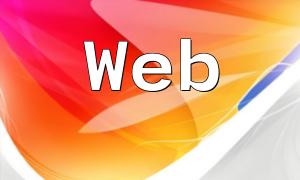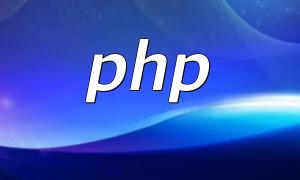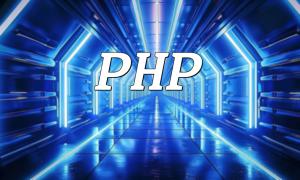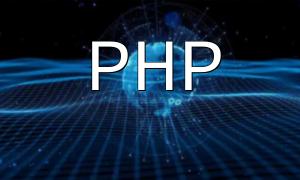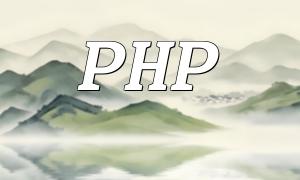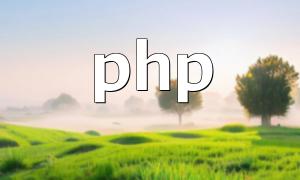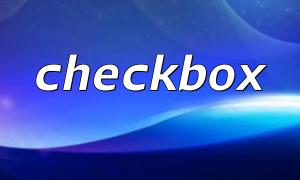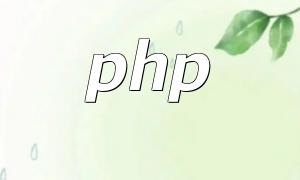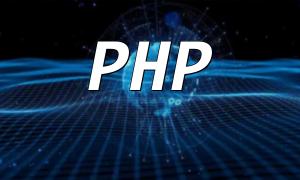In today's digital era, web applications have become an essential part of daily life and work. For developers, building web applications that are efficient and easy to maintain is a critical challenge. PHP frameworks provide standardized structures and development conventions, making the development and maintenance of web applications more efficient.
The most commonly used design pattern in PHP frameworks is MVC (Model-View-Controller). It divides the application into three parts: the model handles data logic, the view displays data to users, and the controller processes user requests and manages application flow. This layered design makes the code clearer, easier to maintain, and enhances scalability.
PHP frameworks provide routing functionality, mapping URLs to the corresponding controllers and methods, allowing developers to define friendly and concise URL structures. Based on this, the request dispatch mechanism directs incoming requests to the correct controller and method, reducing redundant code and improving request handling efficiency.
PHP frameworks typically offer database support, including database connection, queries, and data processing. This greatly simplifies data operations, allowing developers to handle business logic more flexibly and efficiently.
Frameworks often include a template engine that separates dynamic content from static HTML, enabling developers to embed dynamic data into templates easily. Template engines usually provide filters and convenient operations, making it easier to manage page rendering logic.
Web application security is critical. PHP frameworks provide multiple security mechanisms, such as input validation, output filtering, and SQL injection prevention, effectively protecting applications from malicious attacks and ensuring data and business security.
PHP frameworks typically support plugins and extensions, allowing developers to expand framework capabilities according to business needs. Features such as caching, logging, authentication, and authorization can be quickly integrated via plugins, making applications more flexible and customizable.
PHP frameworks provide developers with powerful tools for efficiently building web applications. Through MVC patterns, routing, database support, template engines, security features, and plugin extensions, developers can improve efficiency, ensure application stability, and maintain projects more easily. Both beginners and experienced developers can benefit from PHP frameworks to build efficient and maintainable web applications.
